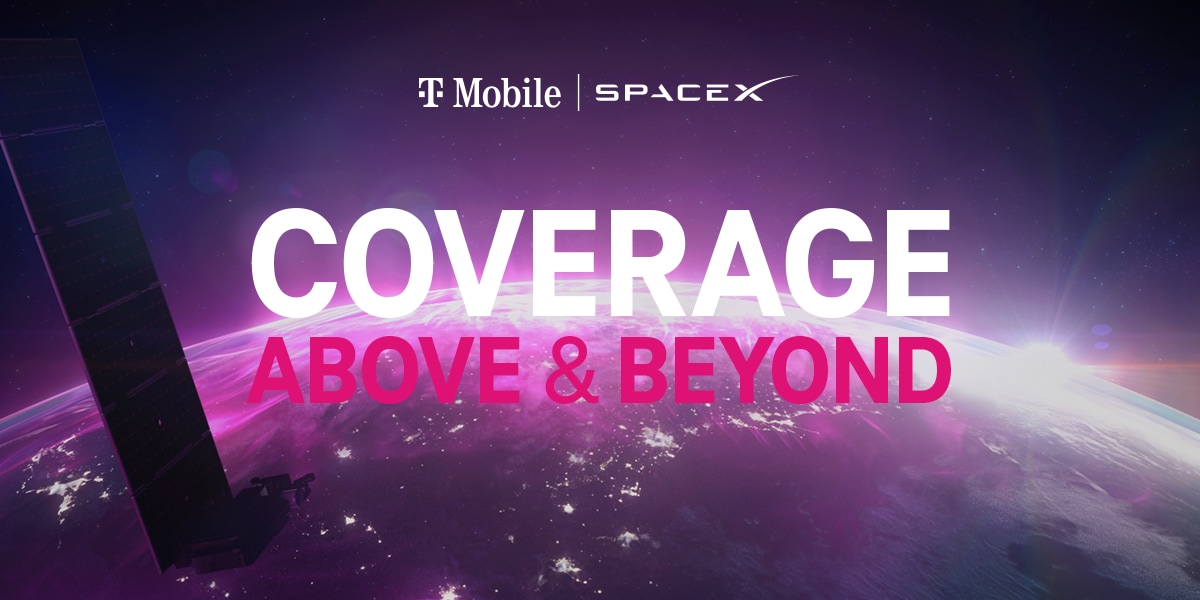Based on personal experience, in a disaster situation I'd be very skeptical of info provided over the amateur radio service. In 2018 we had a M 7.1 earthquake just north of Anchorage. I immediately turned on my VHF radio on one of our local repeaters with the best area wide coverage, where an ad hoc net had started. What I heard ranged from very incomplete, to very misleading, to flat out wrong........ I'm in the Los Angeles Metro area and I'd fall back to my VHF/UHF/HF ham radio if I lost my phone for any length of time. Thinking back to the 1994 Northridge Earthquake, as soon as the shaking stopped I turned on my handheld radio and started listening to reports from all over the county. .........
Starting with the incomplete, someone stated that "Vine Rd is blocked!" To his credit, whomever was acting as the net control, tried to get more useful information, such as exactly where Vine Rd was blocked (it's a fairly long road). The reply was "I don't know, I just heard it from a friend". Vine Rd was in fact blocked by one slump, but only locally, in one spot. This was one of the images that you all saw ad nauseum on the media.
Moving to very misleading, someone reported that "the overpass on Minnesota Dr has collapsed and a car is trapped!" That suggests that an overpass had fallen on a car and some poor shmuck was crushed underneath. Also, Minnesota Dr is rather long, with several overpasses. The reality was that the on ramp to an overpass had slumped slightly, and a car was trapped but not damaged. If I remember correctly, the back story was that a guy was driving a rental car back to the airport. He left the trapped but undamaged car, walked to the airport, gave the rental company the keys and told them where it was, and made his flight. (This was another image that was broadcast incessantly in media coverage.)
Finally, there was the flat out wrong, total BS claim. Someone came up on the net and said "I just talked to my daughter, and she heard that they say there will be another, even bigger quake within the hour!" Totally wrong! This was probably a corruption of the USGS standard notice that there will almost certainly be aftershocks which follow a pattern, with some of those aftershocks quite strong. And there is a very tiny but finite chance that the quake was a foreshock to a bigger one.
Takeaways:
1. Be very skeptical of anything you hear over impromptu ham radio nets regarding disaster situations. Most hams are not trained observers and frequently have no idea what they are talking about.
2. If you provide information on any net during a disaster, be VERY careful about what you report. For example, saying this or that road is blocked is pretty useless unless you can give a good location and details. Incomplete information is sometimes worse than no information at all.
3. Absolutely DO NOT PASS ON RUMORS! No matter how juicy they sound!


